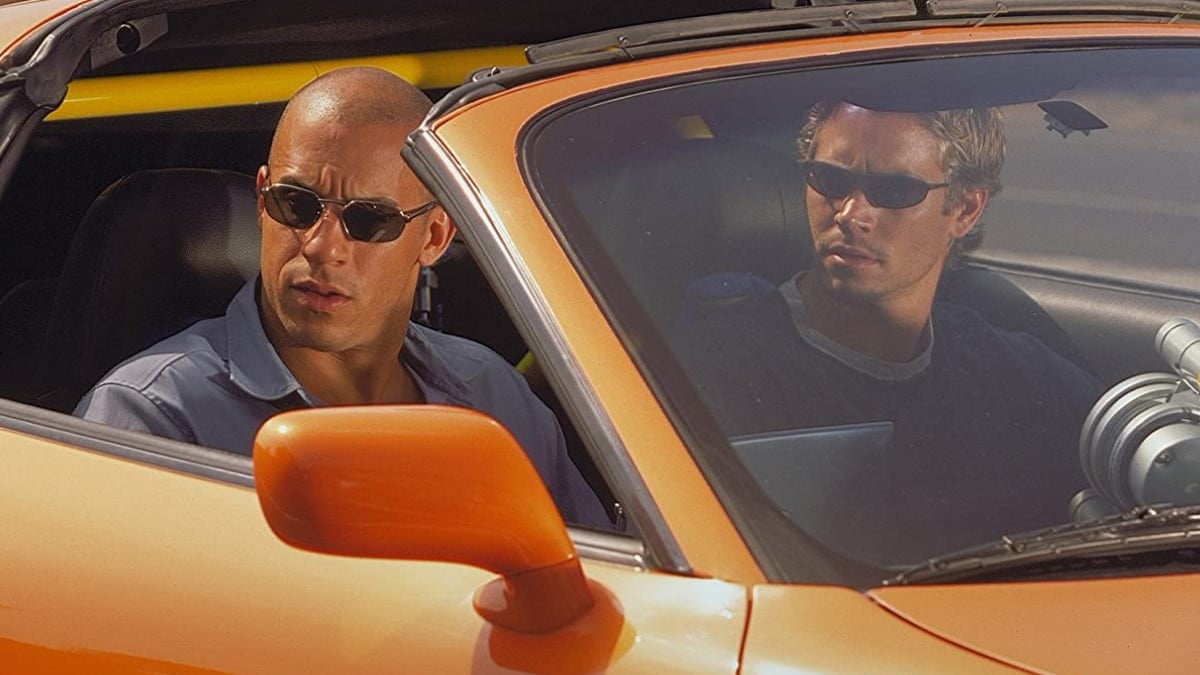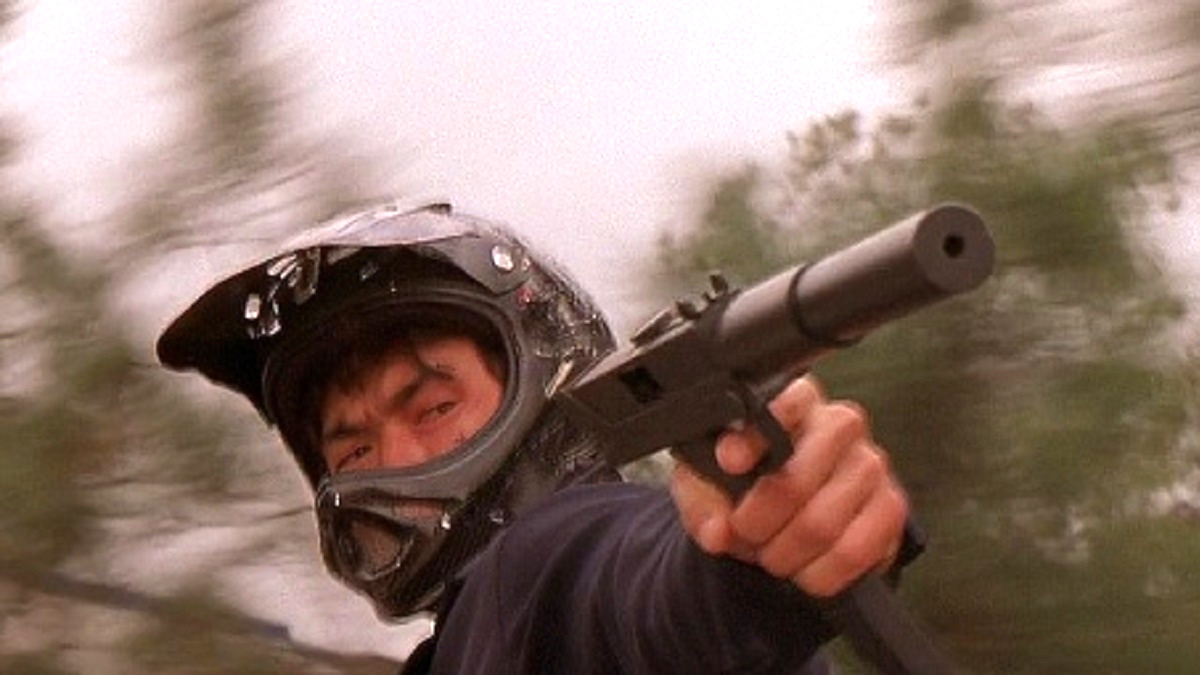Having spent the last seven years entrenched in the ongoing campaign to see his original cut of Suicide Squad released, David Ayer knows a thing or two about studio politics. That being said, his issues dealing with major entities goes back way further than that, because very rarely does he get credited for his key role in turning Fast & Furious into what it is today.
The filmmaker rewrote the original screenplay by Gary Scott Thompson and Erik Bergquist and implemented several elements that would become recurring motifs of the franchise for the next two decades, which helped transform the 2001 street racing thriller from a glorified B-movie into the launchpad for one of the biggest brands in the history of cinema.

Reflecting on his overlooked and unfairly ignored contributions during an appearance on Jon Bernthal’s Real Ones podcast, Ayer didn’t hold back when it came to airing his grievances.
“Biggest franchise in Hollywood, and I don’t have any of it. I got nothing to show for it, nothing, because of the way the business works. When I got that script, that sh*t was set in New York, it was all Italian kids, right? I’m like, ‘Bro, I’m not gonna take it unless I can set it in L.A. and make it look like the people I know in L.A., right?’ So then I started, like, writing in people of color, and writing in the street stuff, and writing in the culture, and no one knew sh*t about street racing at the time… The narrative is I didn’t do sh*t, right? It’s like people hijack narratives, control narratives, create narratives to empower themselves, right? F*ck all the middlemen, right? I get it.”
Looking at where The Fast Saga is now compared to its humble origins – and how embedded the DNA of Ayer’s rewrites remain entrenched in the formula – it’s completely understandable that he’s still feeling sidelined for playing such an unheralded yet important role in such a huge IP.

